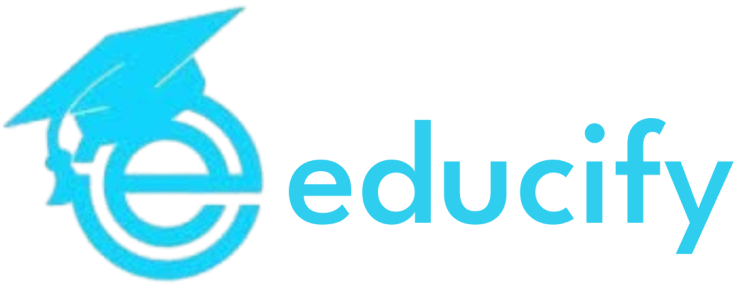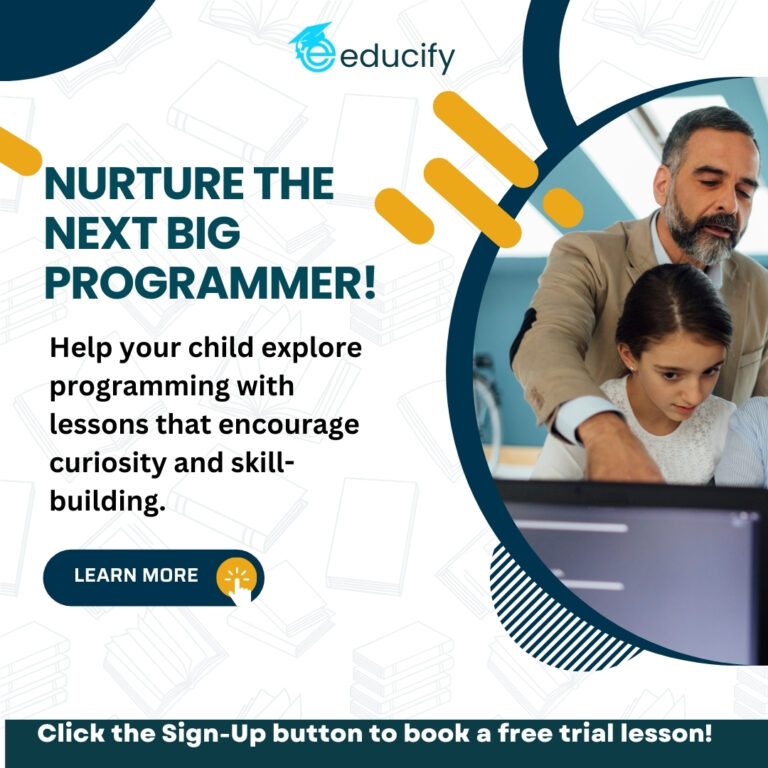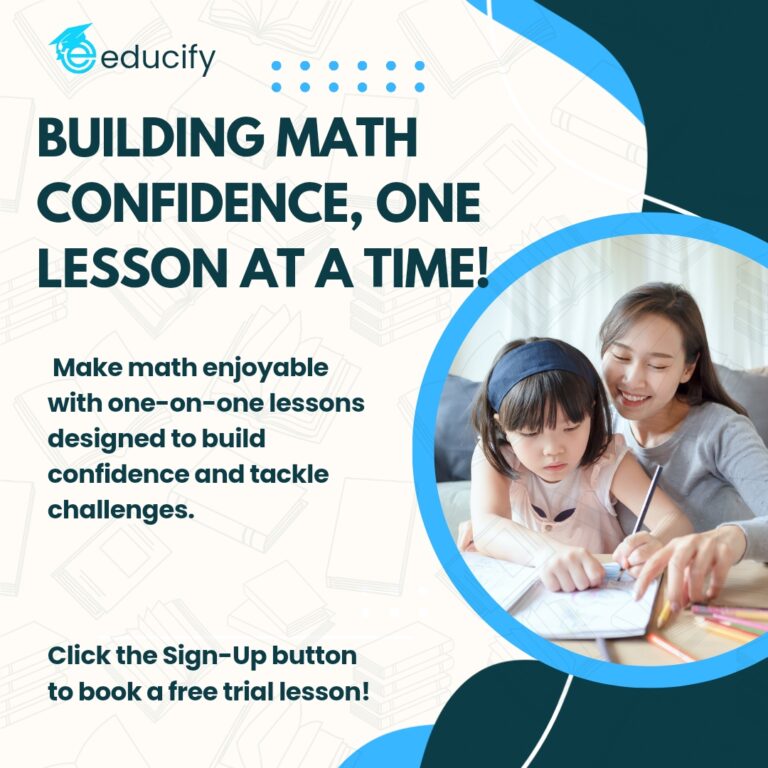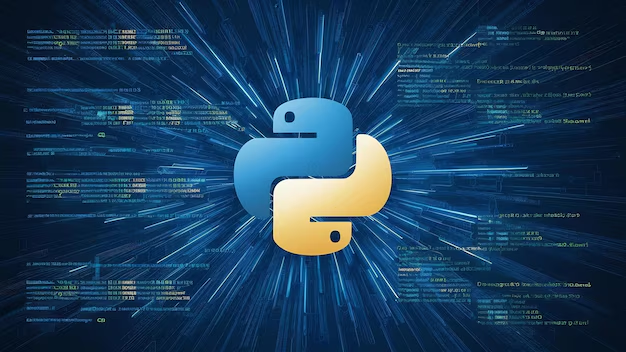The U.S. job market is undergoing rapid transformation. From automation and artificial intelligence to hybrid work models and global collaboration, today’s students and professionals must adapt to thrive. To stay competitive, it’s no longer enough to master core subjects—you must also develop key soft skills, digital fluency, and lifelong learning habits.
Here are the 6 essential skills for the future job market in the United States and how to build them:
1. Critical Thinking and Problem Solving

In a world where technology can automate routine tasks, the ability to analyze, evaluate, and create solutions is more essential than ever. Employers value individuals who can approach problems with logic, creativity, and a solution-oriented mindset. Critical thinking allows employees to navigate complex situations and find innovative ways to improve business processes.
To build this skill:
- Practice asking thoughtful questions and exploring multiple viewpoints.
- Break problems down into manageable parts and examine them from different angles.
- Seek real-world scenarios that require creative solutions to strengthen your problem-solving capabilities.
For foundational skills that prepare students to become critical thinkers, check out 10 Essential Life Skills for Students in School.
2. Digital Literacy and Tech Fluency

Digital transformation is sweeping across industries, and as technology advances, staying ahead in your field requires a robust understanding of digital tools which is quite essential. From understanding data analytics and using AI-powered software to being aware of cybersecurity risks, tech fluency is non-negotiable in today’s workplace. The future of work depends on professionals who can adapt to evolving digital environments and leverage tools that drive innovation.
To enhance your digital literacy:
- Familiarize yourself with key digital tools and platforms in your field (e.g., cloud computing, automation, data management).
- Invest time in learning coding or programming languages, as even basic knowledge can set you apart in many industries.
- Stay updated on the latest technological trends and how they affect your industry.
Learn how AI is already reshaping fields like medicine in Key Types of Artificial Intelligence in Healthcare Today.
Explore creative learning platforms in Gamified AI Learning for Students – Benefits, Tools, Best Practices.
3. Adaptability and Lifelong Learning

New tools and trends emerge constantly, and to stay relevant, professionals must be adaptable. The future job market will require workers to not only learn new tools and technologies but also embrace continuous improvement. Professionals who actively engage in lifelong learning are better equipped to thrive in dynamic work environments. Lifelong learning is a mindset that encourages curiosity and personal growth, enabling workers to pivot when new opportunities arise.
To cultivate adaptability:
- Be open to feedback and actively seek areas for improvement.
- Stay flexible and open to new opportunities or job roles that align with your evolving skill set which is essential.
- Seek out mentorship and professional development programs that promote continuous learning.
These habits begin early. See The Top Life Skills 12-Year-Olds Should Know in the United States.
For further learning opportunities, consider courses on Coursera’s AI and Machine Learning platform.
4. Emotional Intelligence (EQ)

In an increasingly collaborative and fast-paced world, emotional intelligence (EQ) has become a key essential differentiator in the workplace. High EQ enables individuals to manage their emotions, communicate effectively, and build strong interpersonal relationships. People with high EQ are more likely to lead teams successfully, foster a positive work culture, and handle conflicts with professionalism.
To develop emotional intelligence:
- Practice self-awareness by regularly reflecting on your emotions and actions.
- Improve communication by actively listening and responding empathetically to others.
- Build resilience to handle stress, failure, and workplace challenges in a constructive way.
Regular Parent-Teacher Meetings support emotional and academic development early on.
Active engagement through groups like the Parent-Teacher-Student Association also fosters these skills.
5. Creativity and Innovation

The ability to imagine, design, and build something new is a human skill that machines can’t replicate. Whether in marketing, engineering, or education, creativity is a driving force for innovation, problem-solving, and product development. As automation and AI take over repetitive tasks, human creativity remains at the forefront of advancing industries and creating new essential opportunities.
To nurture creativity:
- Engage in activities that encourage divergent thinking, such as brainstorming sessions or mind-mapping.
- Expose yourself to new experiences, cultures, and viewpoints to expand your creative thinking.
- Collaborate with others to get diverse perspectives on problems and solutions.
Learn how unconventional thinking can affect education with What Color Is Math? Shocking Learning Psychology in the US & Canada.
For creative problem-solving methods, explore essential IDEO Design Thinking for Educators.
6. Cross-Cultural Communication and Language Skills

As businesses go global, the ability to communicate across cultures and languages is essential. Understanding diverse perspectives, being sensitive to cultural nuances, and working in multicultural teams is critical for success. Professionals who can adapt their communication style to different cultural contexts are more likely to thrive in international and cross-functional teams.
To enhance cross-cultural communication:
- Take courses or travel to understand different cultures better and build empathy.
- Learn key phrases or languages of regions where you work or plan to work.
- Practice patience and openness when working with people from different cultural backgrounds.
Thinking of learning a new language? Here are the Top 10 Proven Easiest Languages to Learn for English Speakers.
Understand your progress better with the Levels of Fluency in Language.
To start learning, Duolingo offers an interactive and fun platform to get started with new languages: Duolingo.
Final Thoughts
Being future-ready is about more than degrees or technical know-how. It’s about evolving with change, adapting to new environments, and never stopping your learning journey. Start early, keep learning, and engage in communities that support growth which is essential. The future belongs to those who prepare for it today.














4 Responses